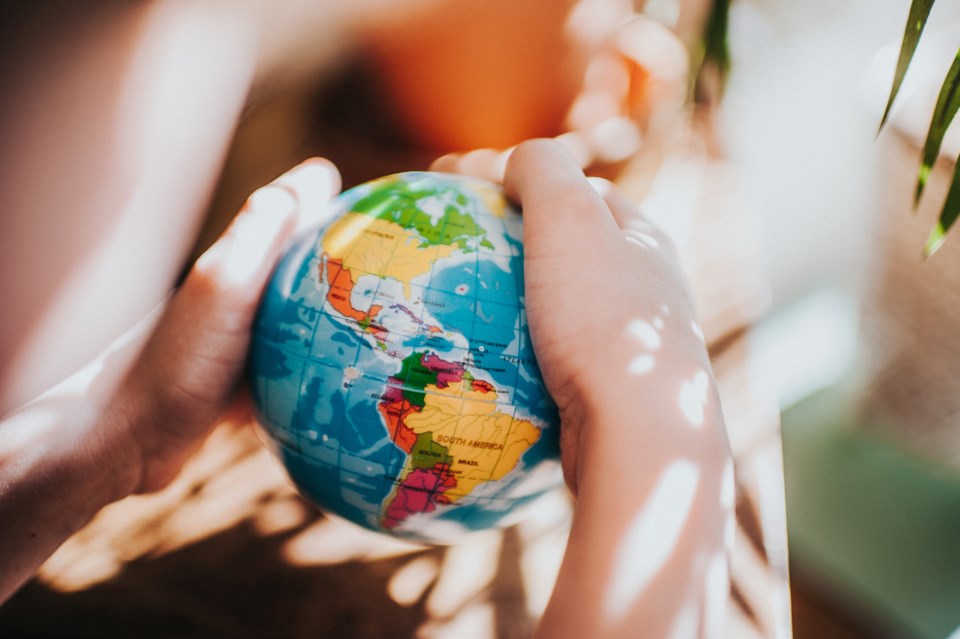|
Canadian consumers filed 1,655 complaints against travel-related services to Better Business Bureau (BBB) in 2021, placing travel services as the industry with the second-highest complaints.
As of today, BBBs across Canada have received 1,164 complaints about travel-related services in 2022, a 200 per cent increase compared to the same period last year.
This is likely to be related to the increasing desire for travel after provincial governments lifted a series of COVID-19 restrictions.
To ensure you have an enjoyable vacation, BBB encourages you to check out the following tips when planning a vacation or looking for a good deal for a getaway:
- Plan ahead. Allow plenty of time to research hotels, flights, and the area where you will be staying. Typically, the earlier the reservations are made, the better the deals and the lower the destination's risk of being booked solid.
- Look for reviews from credible sources. Nowadays, It is hard to identify fake reviews from the real ones. While vetting hotels, travel companies, vacation rentals and more, check BBB.org for a list of trustworthy Accredited Businesses. Check their business profiles and verified customer reviews before you make up a decision.
- Consider a travel agency if you plan to travel internationally. Be sure to check the Government of Canada's website for any advisories affecting Canada or any issues that may impact your trip. Meanwhile, it is wise to find a reliable travel agency near you to help you navigate the challenges and changing landscape of COVID-19.
- That great deal probably isn't for real. Scammers lure in targets by guaranteeing an amazing trip at a very low price. Always do your research first. If the hotel, travel or tour is much cheaper than similar options, be suspicious. Check BBB's 5 top vacation scams to learn more about travel scams.
- Do some snooping. Check the website for links to the company's Twitter, Facebook, or Instagram accounts. Often, scam artists will link to Facebook.com instead of Facebook.com/THEIRCOMPANYNAME. If they have social media accounts, check their activity and see if any other users have left reviews or voiced complaints. Also, look for typos and pixelated images. These mistakes are signs of a scammer, not a company that cares about its online presence.
- Avoid wiring money or using a prepaid debit card. These payments are the same as sending cash. Once the money is sent, there is no way to get it back. If you pay with a credit card, the charges can be disputed and dramatically limit liability from a fraudulent purchase.
- Get trip details in writing. Before making the final payment, get all the trip details in writing. This should include the total cost, restrictions, cancellation penalties, and names of the airlines and hotels. Also, review and keep a copy of the airline's and hotel's cancellation and refund policies and the cancellation policies of the travel agency or booking site used.
- Consider travel insurance. Travel insurance covers things like trip cancellation, delays or medical emergencies. There are different levels of coverage based on what type of plan is purchased. Always ask questions and read the fine print to see what's covered and what's not.
- If you decide to camp in local areas, be sure to bring the right gear. Outdoor activities have become increasingly popular in recent years. Whether you are looking for a tent, sleeping bag or cookware, check out BBB tips on buying camping gear.
For more resources on planning a safe and joyful trip, visit BBB Travel and Leisure Resources.
|
